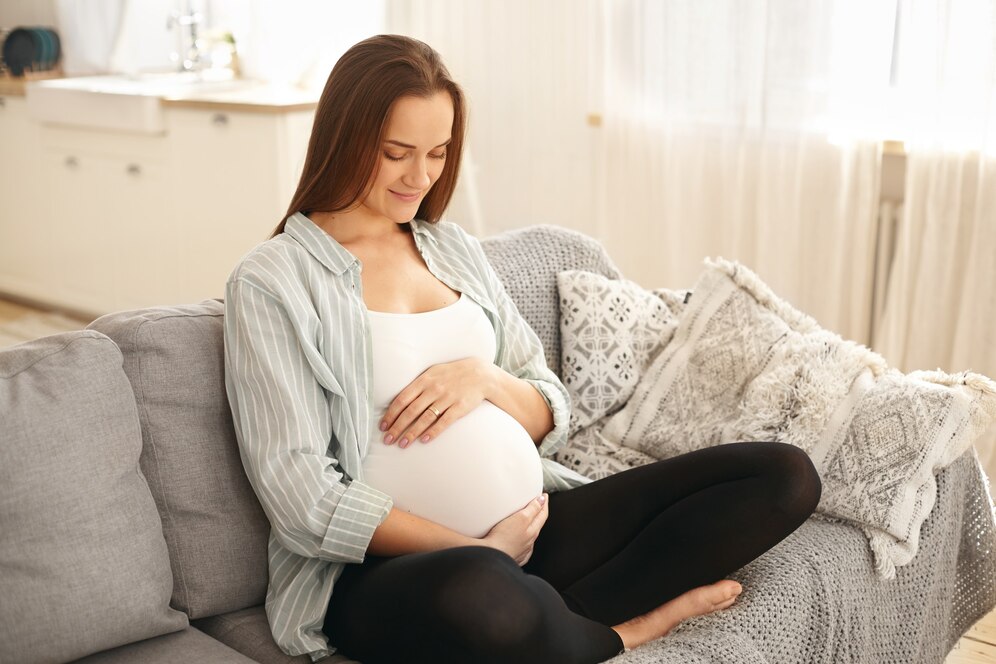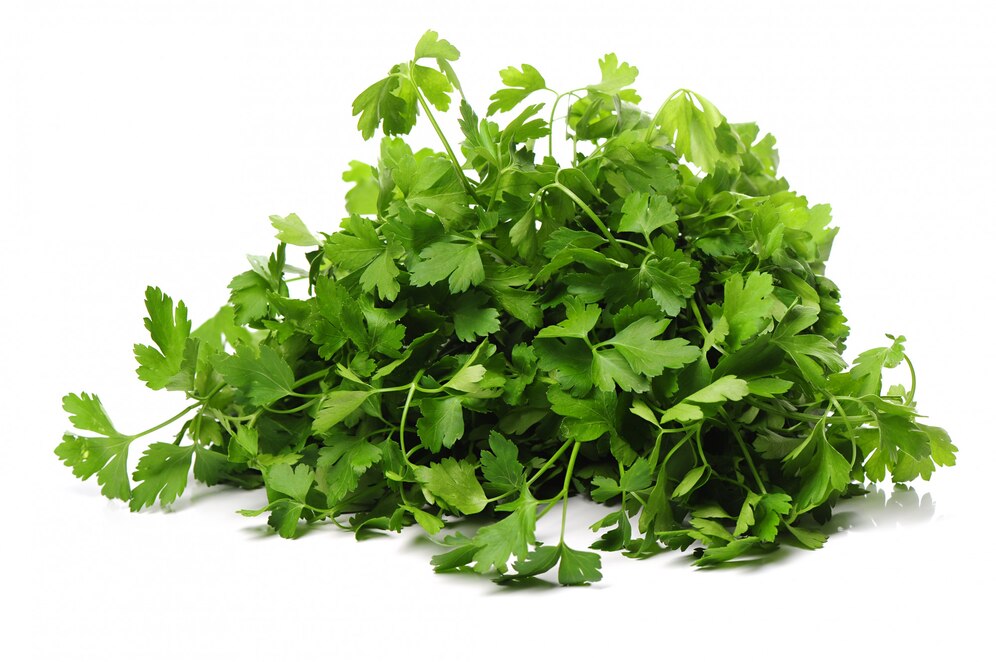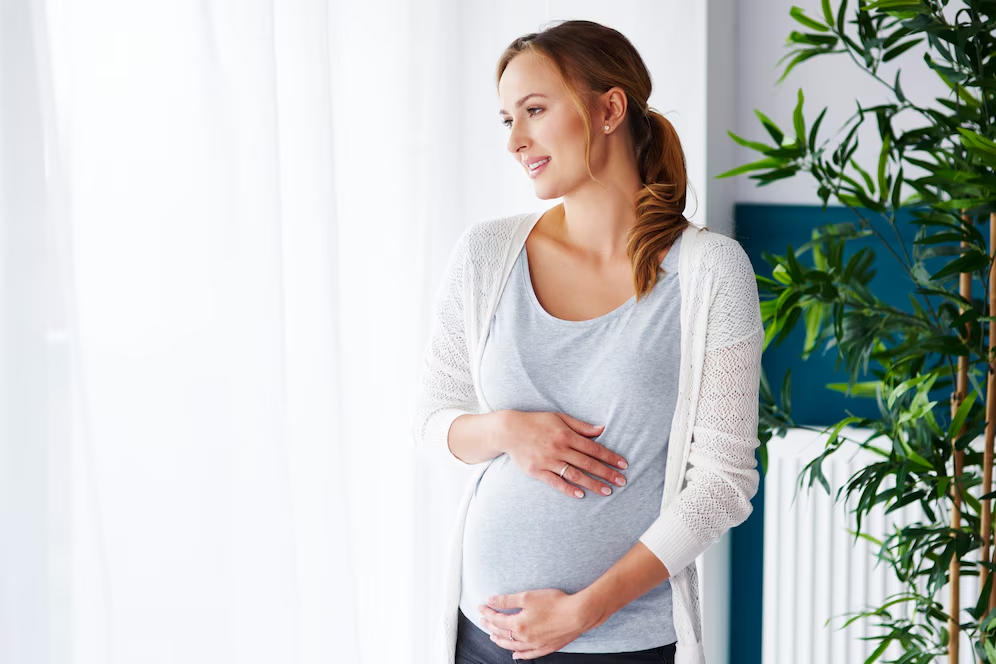 In some cases, weight loss can lead to hair loss. This is because rapid weight loss can lead to nutritional deficiencies, stress, and hormonal changes, leading to hair loss.
In some cases, weight loss can lead to hair loss. This is because rapid weight loss can lead to nutritional deficiencies, stress, and hormonal changes, leading to hair loss.
Losing weight is not an easy task. From eating healthy to working out regularly, there are certain habits one must stick to lose weight.
While it may seem like an achievement when you reach your desired weight, it can lead to some common side effects. One of them is hair fall.
In some cases, weight loss can lead to hair loss. This is because rapid weight loss can lead to nutritional deficiencies, stress, and hormonal changes, leading to hair loss. But not everyone suffers from hair loss after losing weight, here's why.
1. What causes hair loss after weight loss?
Hair loss while losing weight usually occurs due to a lack of nutrients due to rapid and sudden weight loss.
Restrictive diets have been linked to acute telogen effluvium (TE), which is the cause of widespread hair loss on the scalp.
This rapid weight loss can occur after three months and can last up to 6 months.
2. Crash Diet
Even the oldest researchers have found a link between crash dieting and hair loss. Just like your body, your hair needs enough calories and nutrients to grow and stay healthy.
Therefore, when your body does not get what it needs, hair loss can occur as a side effect.
Calorie restriction, nutritional deficiencies, and psychological stress are common among people who follow crash diets, which are also associated with hair loss.
In 2015, a study conducted on 180 women found that iron deficiency and psychological stress were the most common causes of hair loss in them. Crash diet was also the reason in eight cases.
3. Low Protein Diet
Amino acids are the building blocks of proteins and are essential for hair growth. Amino acids are needed for the production of keratin, the main structural protein of hair.
When your body does not get enough protein, also known as protein malnutrition, it can lead to hair loss. In this way, if you do not have enough protein in your low-calorie diet, you may experience hair loss.
4. Weight Loss Surgery
Weight loss surgery means rapid weight loss, which can lead to general deficiencies such as vitamins, proteins, and minerals, which can lead to hair loss.
In a 2018 study that included 50 people who underwent sleeve gastrectomy, a surgical procedure that removes a large portion of the stomach, 56 percent of people saw hair loss, and most of them were women.
Most of the participants with hair loss had low levels of zinc and vitamin B12 before and after surgery.
5. Restrictive Diet
Restrictive diets cut out entire food groups and can lead to hair loss as a result of nutritional deficiencies and stress. Iron, zinc, protein, selenium, and essential fatty acids have all been linked to hair loss.
6. How to stop hair fall while losing weight?
As mentioned earlier, severe nutritional deficiencies that result from rapid weight loss can lead to hair loss.
Thus, instead of crashing and restrictive diets, you need to follow a healthy and sustainable diet to lose weight.
Not only this, but crash diets are also harmful to mental health and are linked to weight gain.
Choose a balanced diet over a fad diet to avoid any nutritional deficiencies and hair loss.
If you are having weight loss surgery, make sure to maintain your doctor's recommended levels of vitamin B12, iron, and zinc afterward. It can help prevent hair loss after surgery.
7. How to increase hair growth?
If you are not losing weight and are still experiencing hair loss, it could be because of several other reasons that you should consult your doctor.
Eat a healthy diet with supplements to facilitate hair growth. Visit a health expert to find out the cause and follow the treatment, which may include medicines, supplements, or just a healthy diet.










